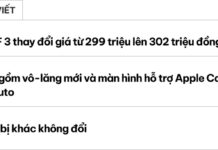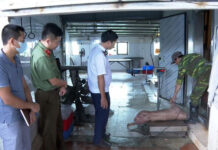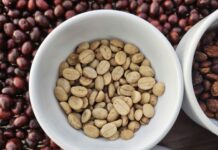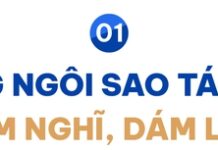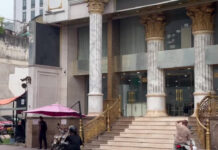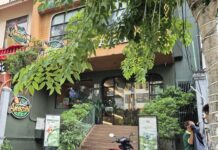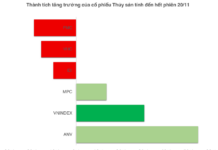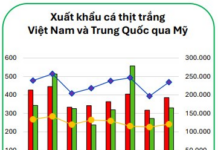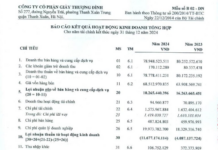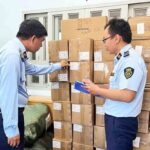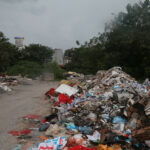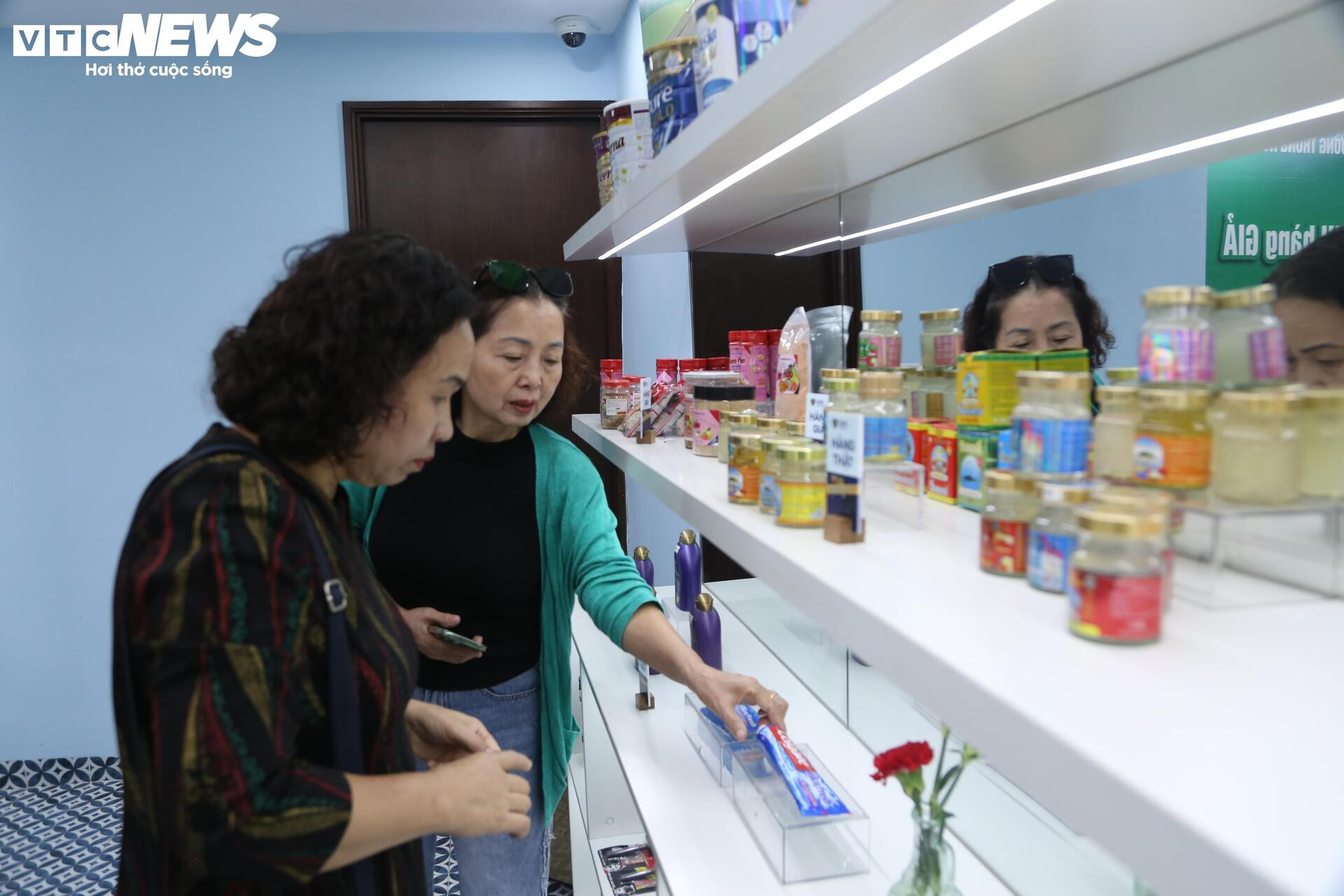
Recently, the Domestic Market Management and Development Department inaugurated an exhibition showcasing genuine and counterfeit products, aiding consumers in identifying and avoiding fakes.
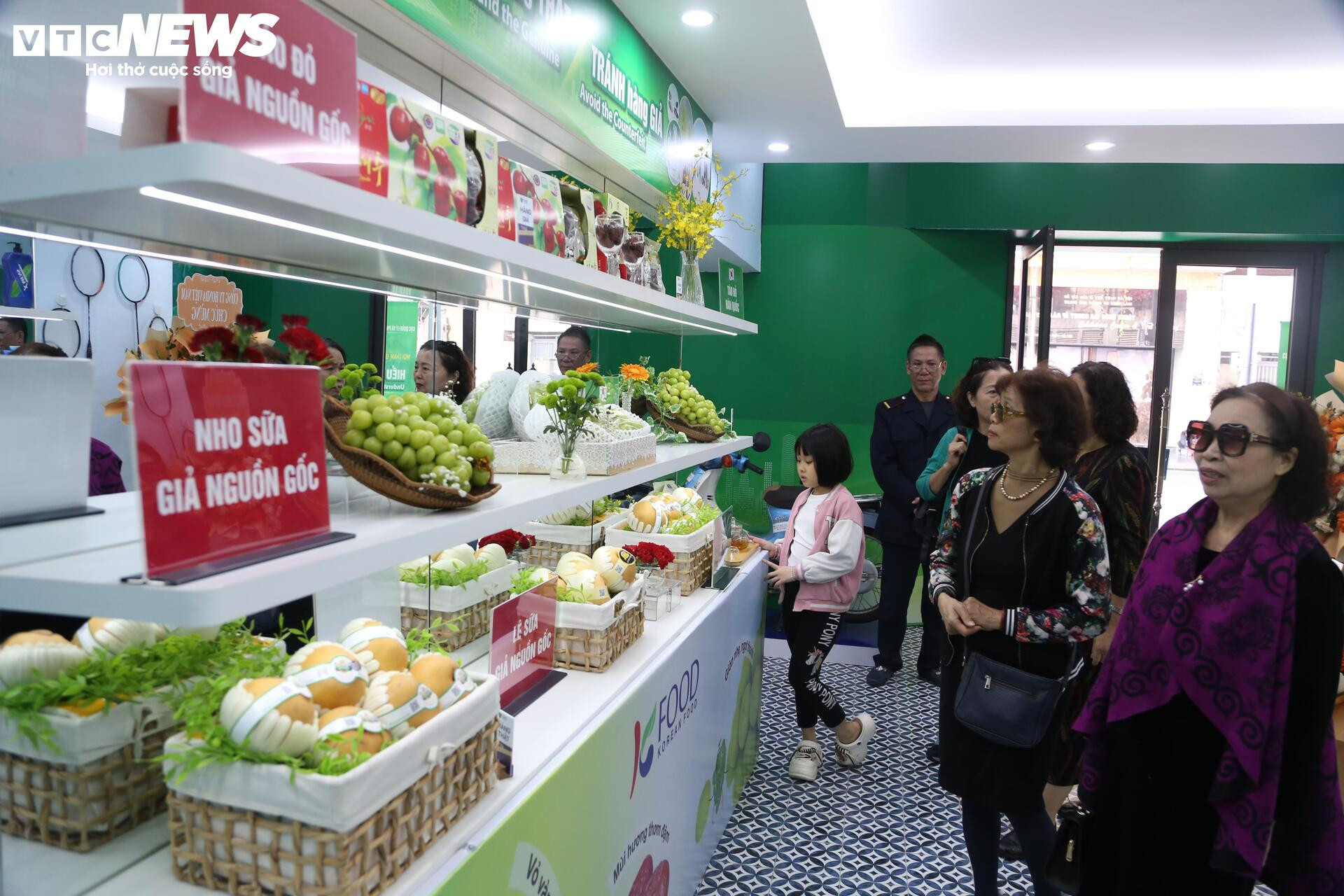
The organizers displayed over 500 genuine and counterfeit items, collected by market management forces during inspections and violations, alongside contributions from official brand representatives.
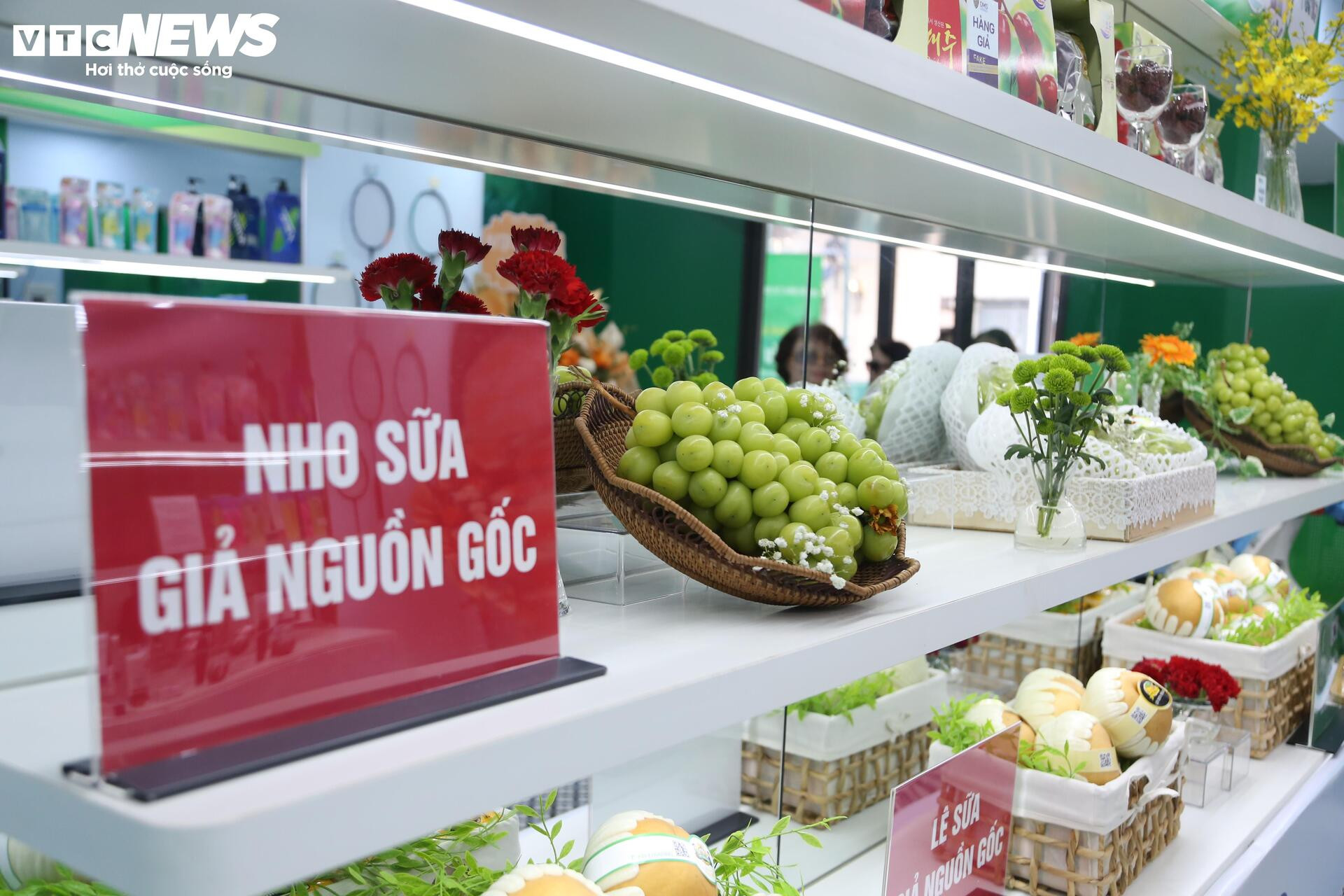
Notably, popular fruits like red apples, milk grapes, and milk pears are often counterfeited with false origins, deceiving buyers into paying significantly higher prices.
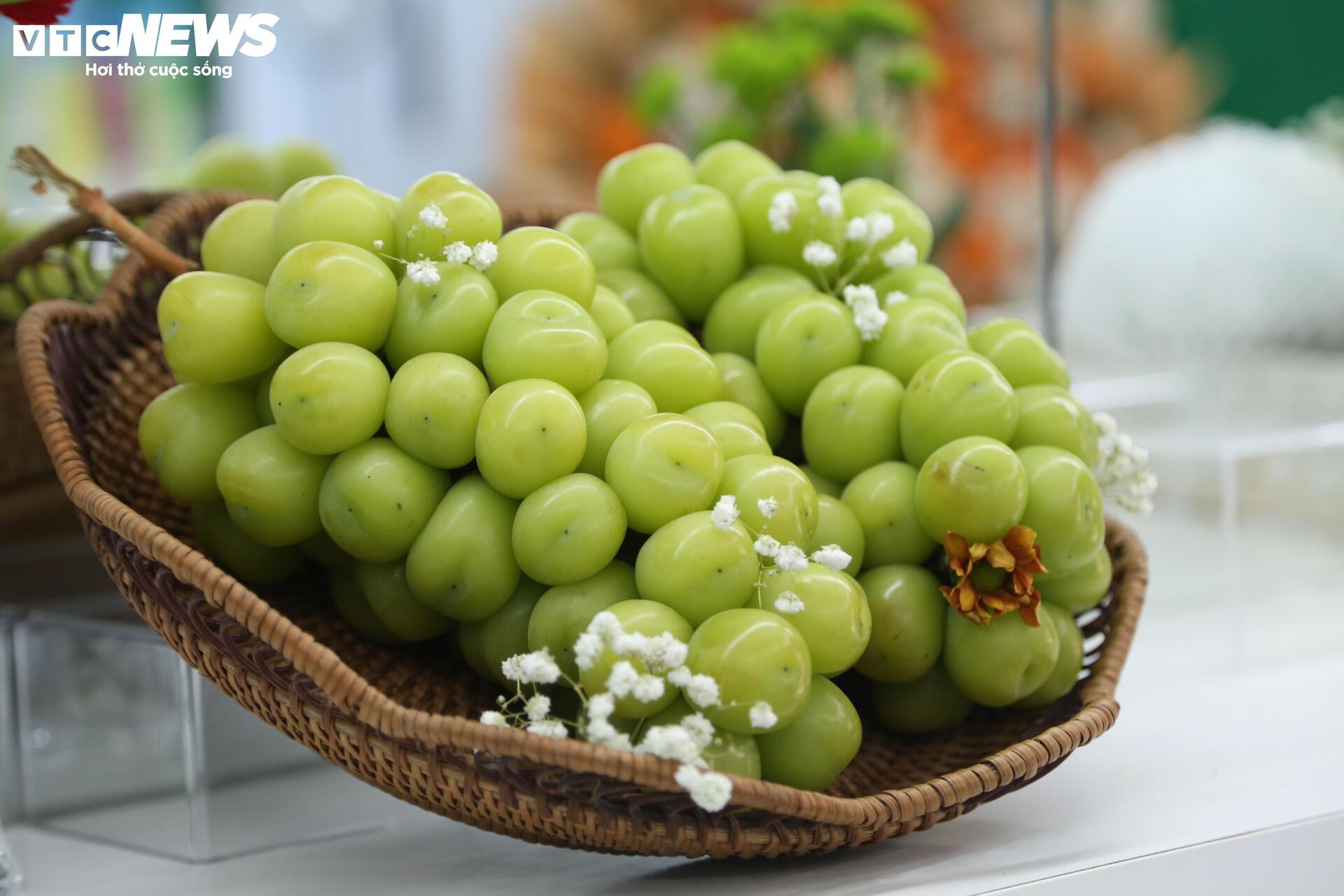
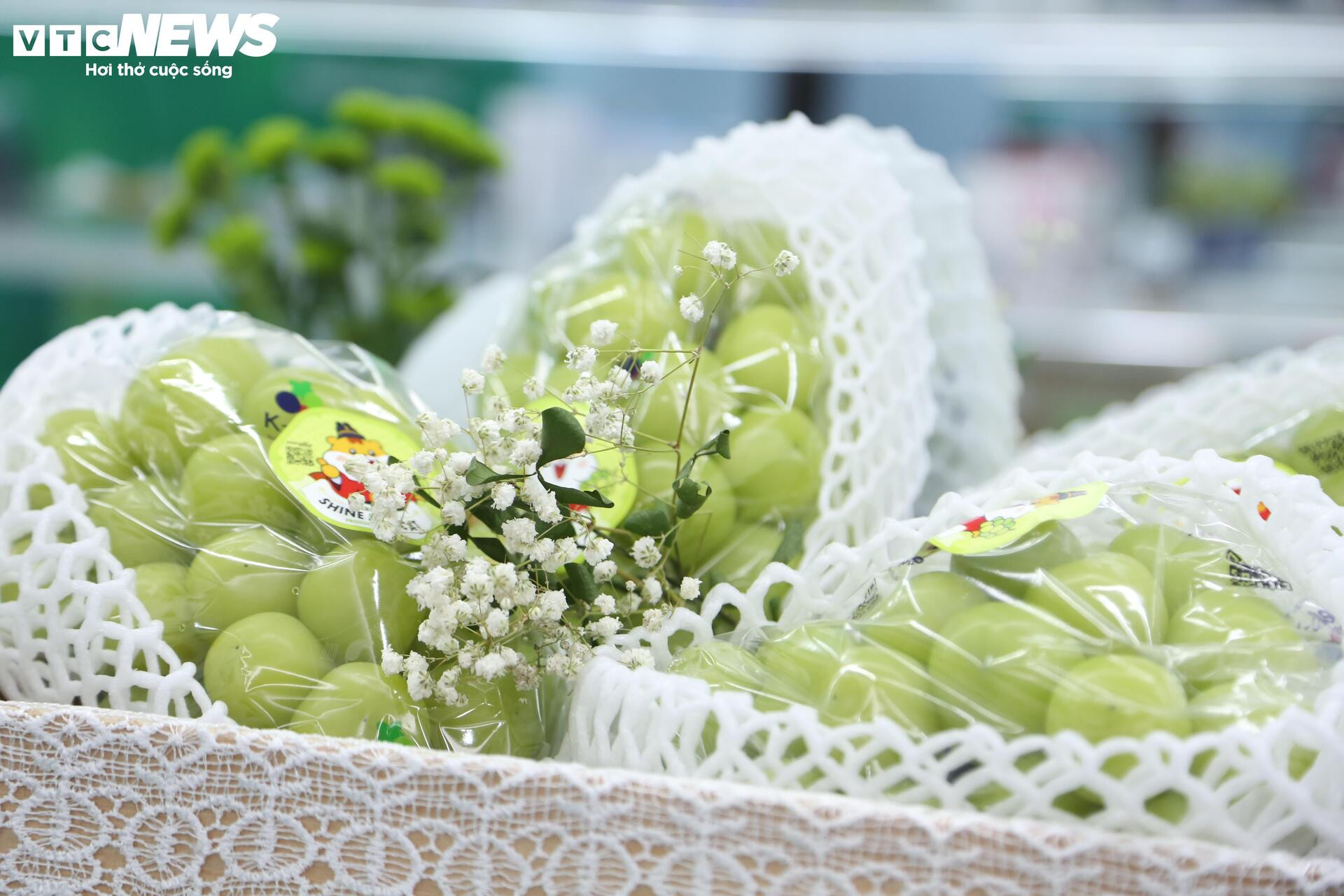
Counterfeit milk grapes (left) are packaged haphazardly. In contrast, genuine South Korean milk grapes (right) are sealed in nylon packaging with a QR code for origin tracking.
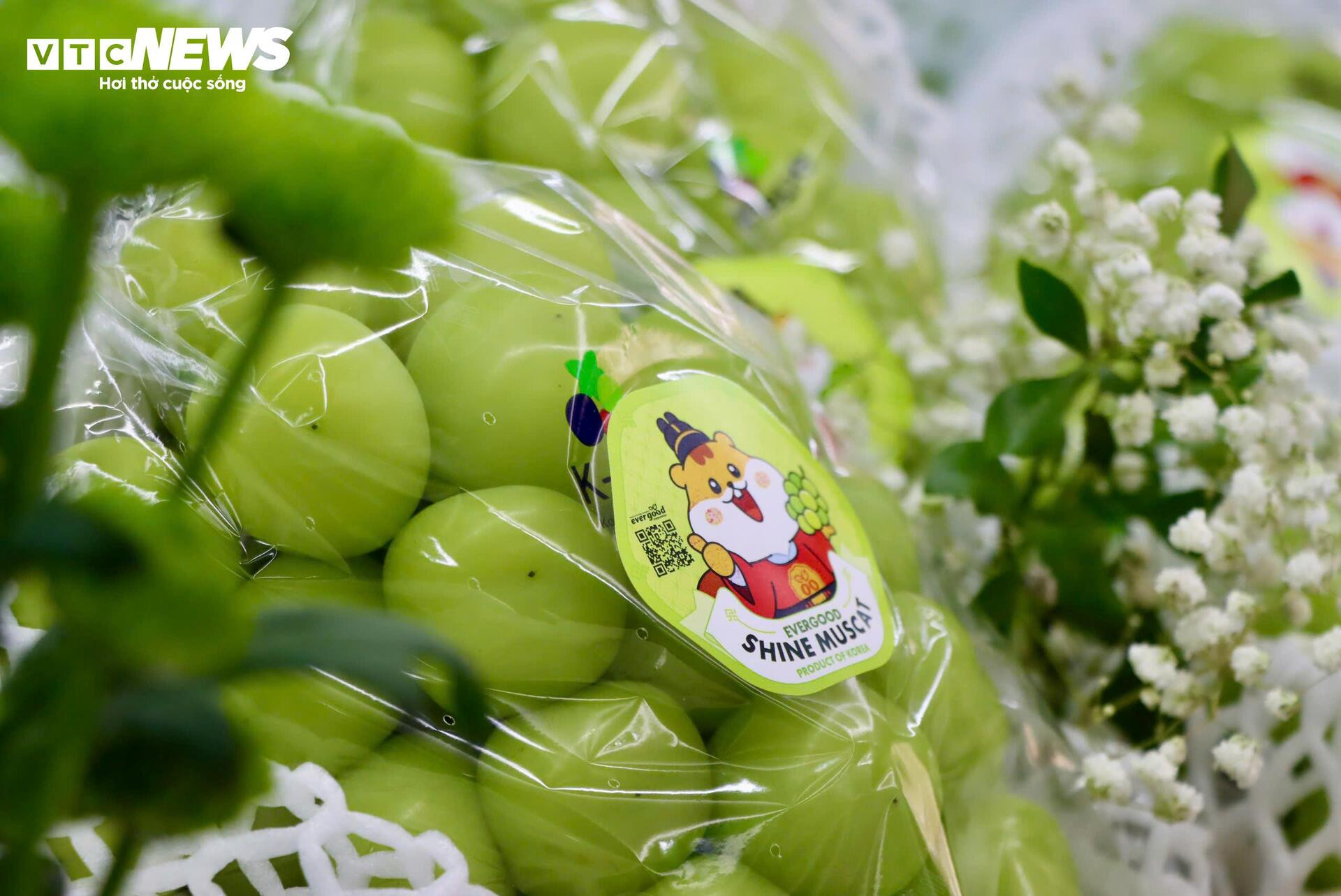
Close-up of genuine milk grapes featuring a QR code and nylon packaging.
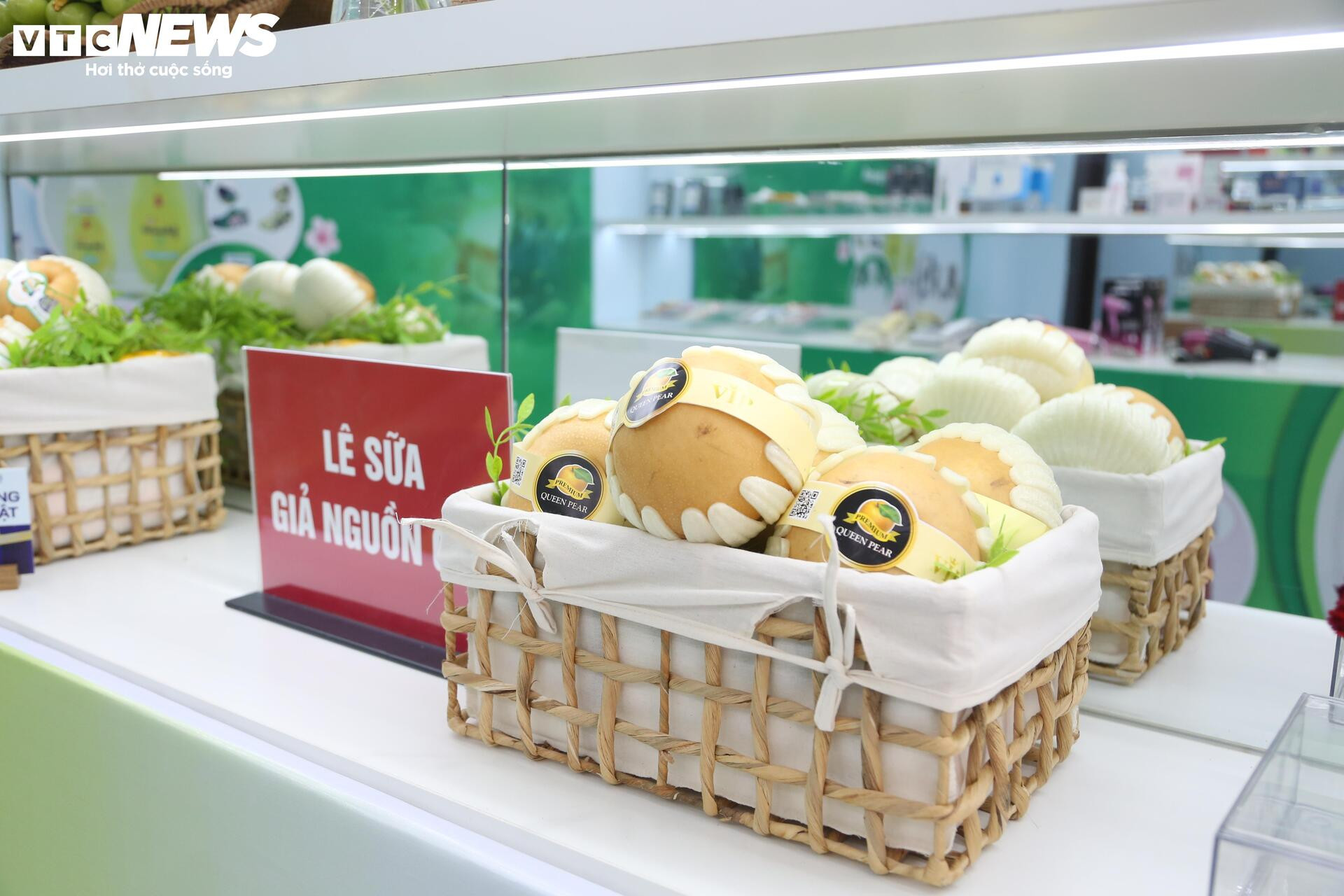
South Korean milk pears are counterfeited more sophisticatedly. While packaged with labels and QR codes, scanning leads to a defunct website.
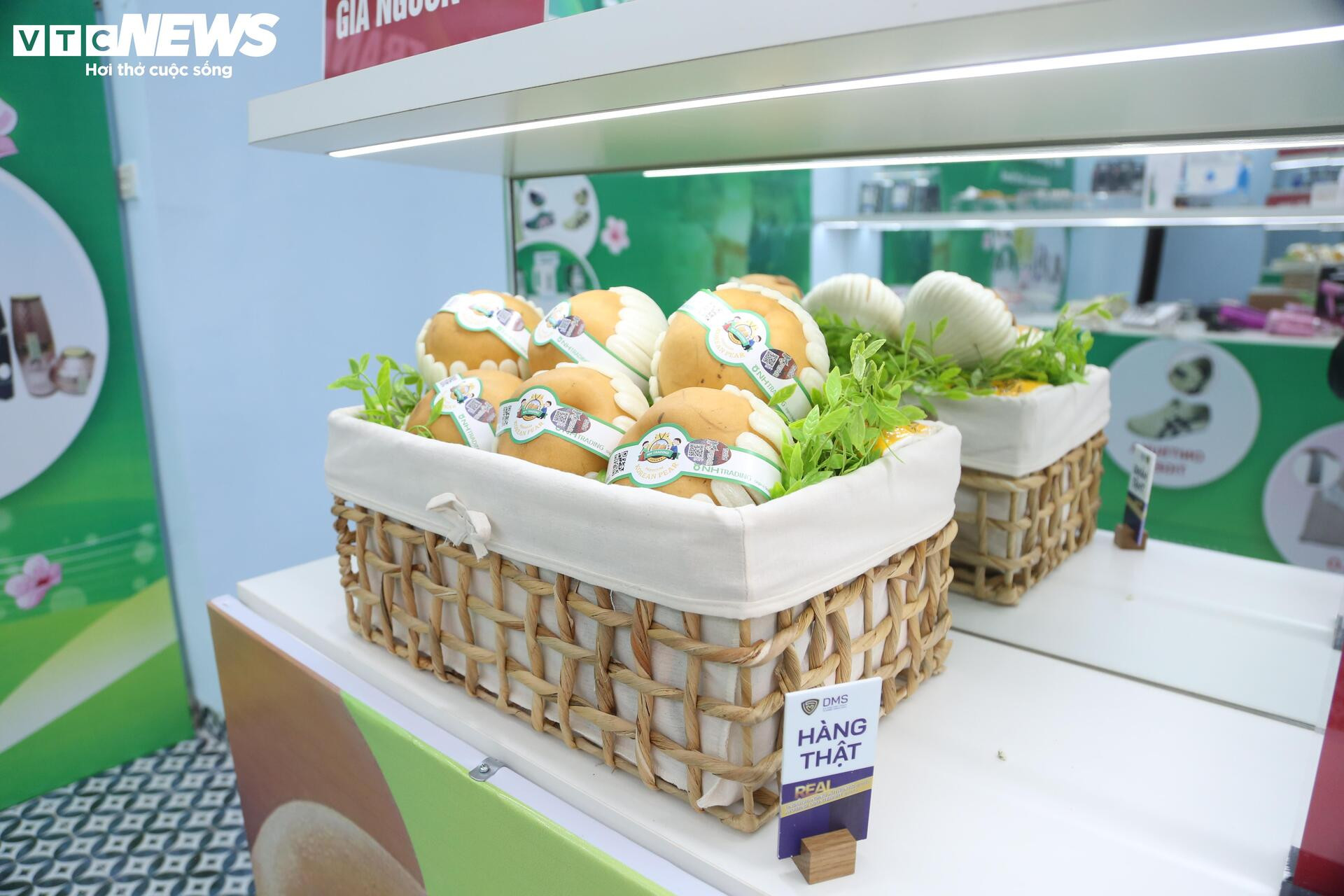
Authentic South Korean milk pears are labeled “NH Trading Premium Pear” with QR codes linking to the official website.
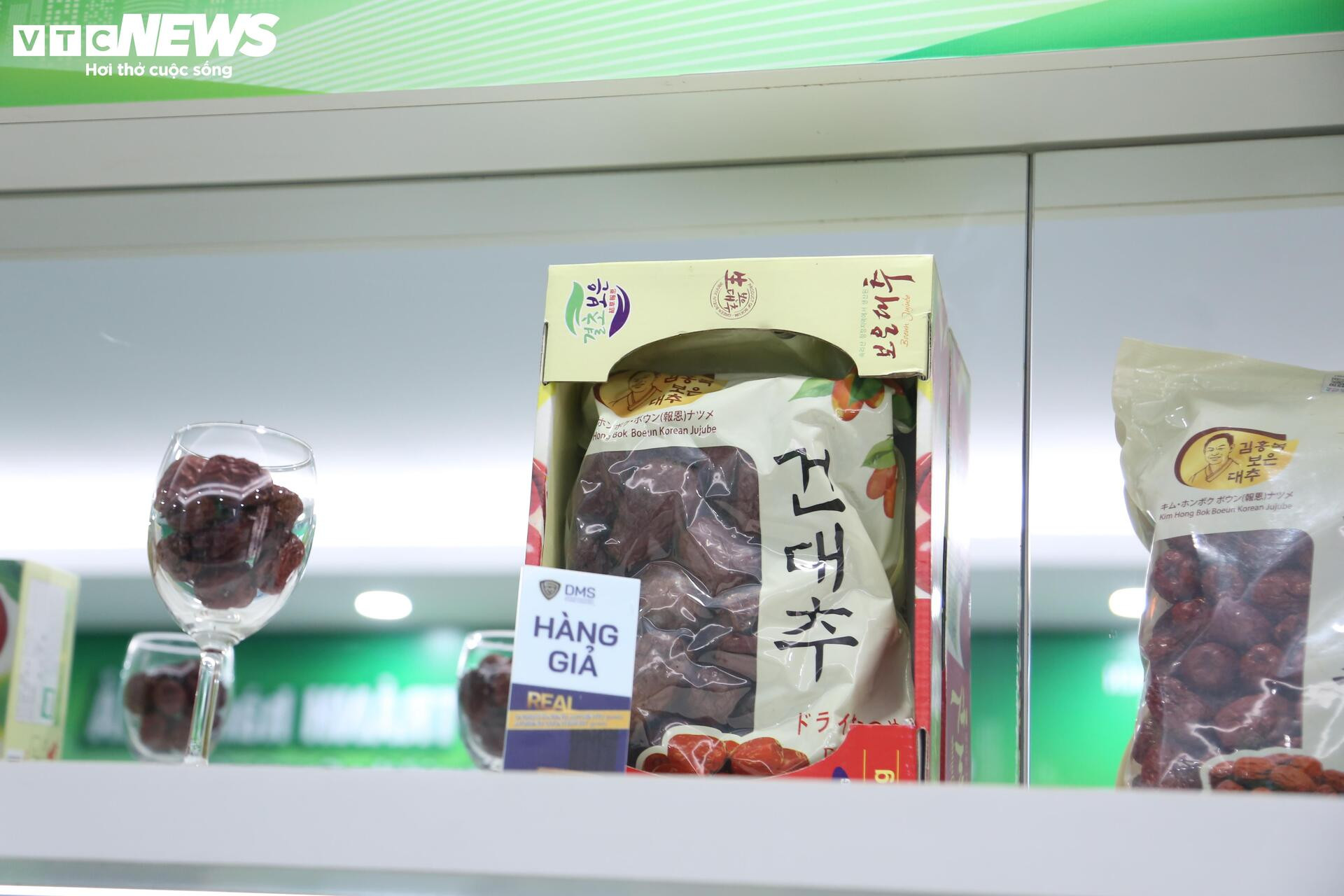
Counterfeit red apples are also improperly packaged.
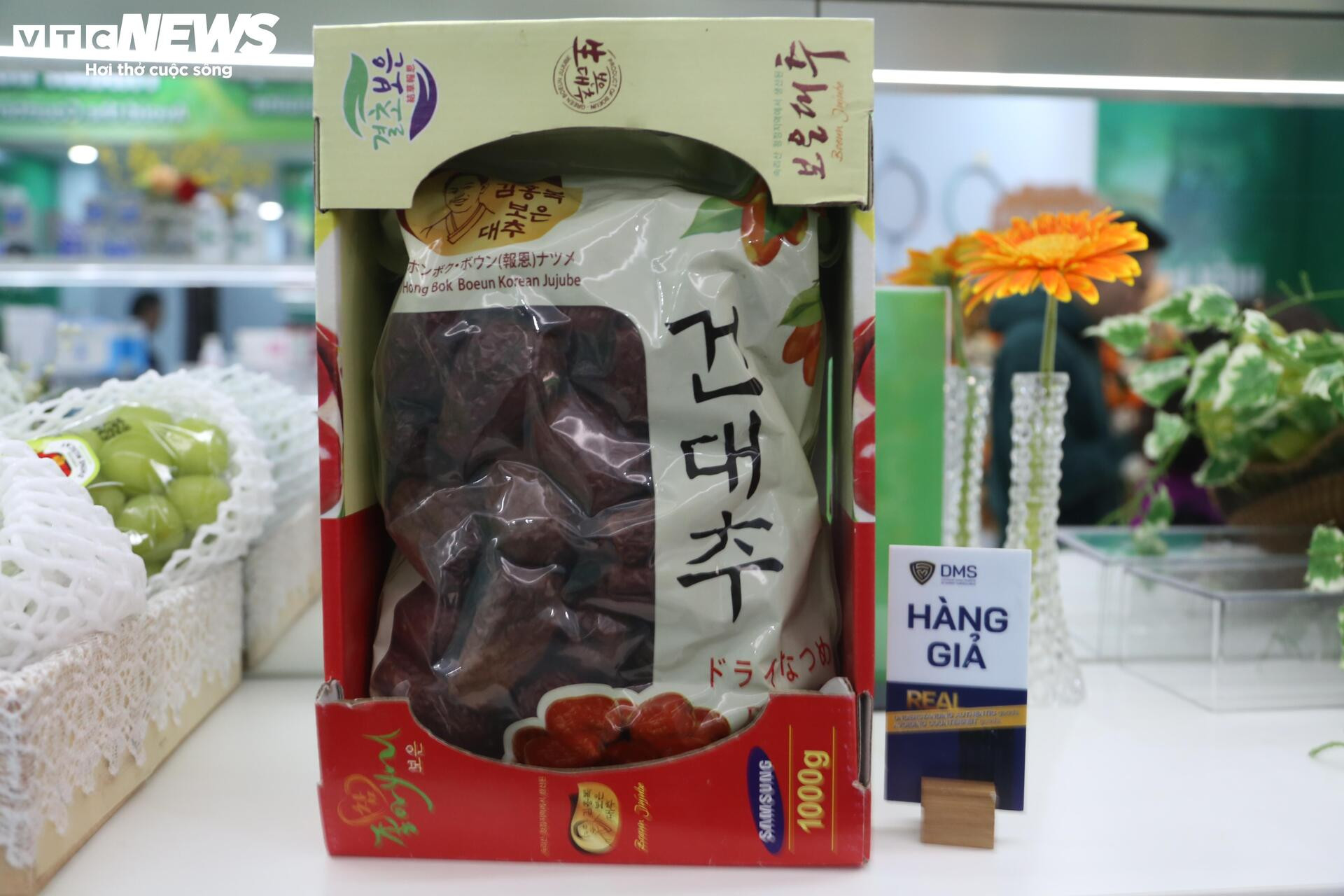
Genuine products lack boxes, and official brands do not offer 1,000g variants.
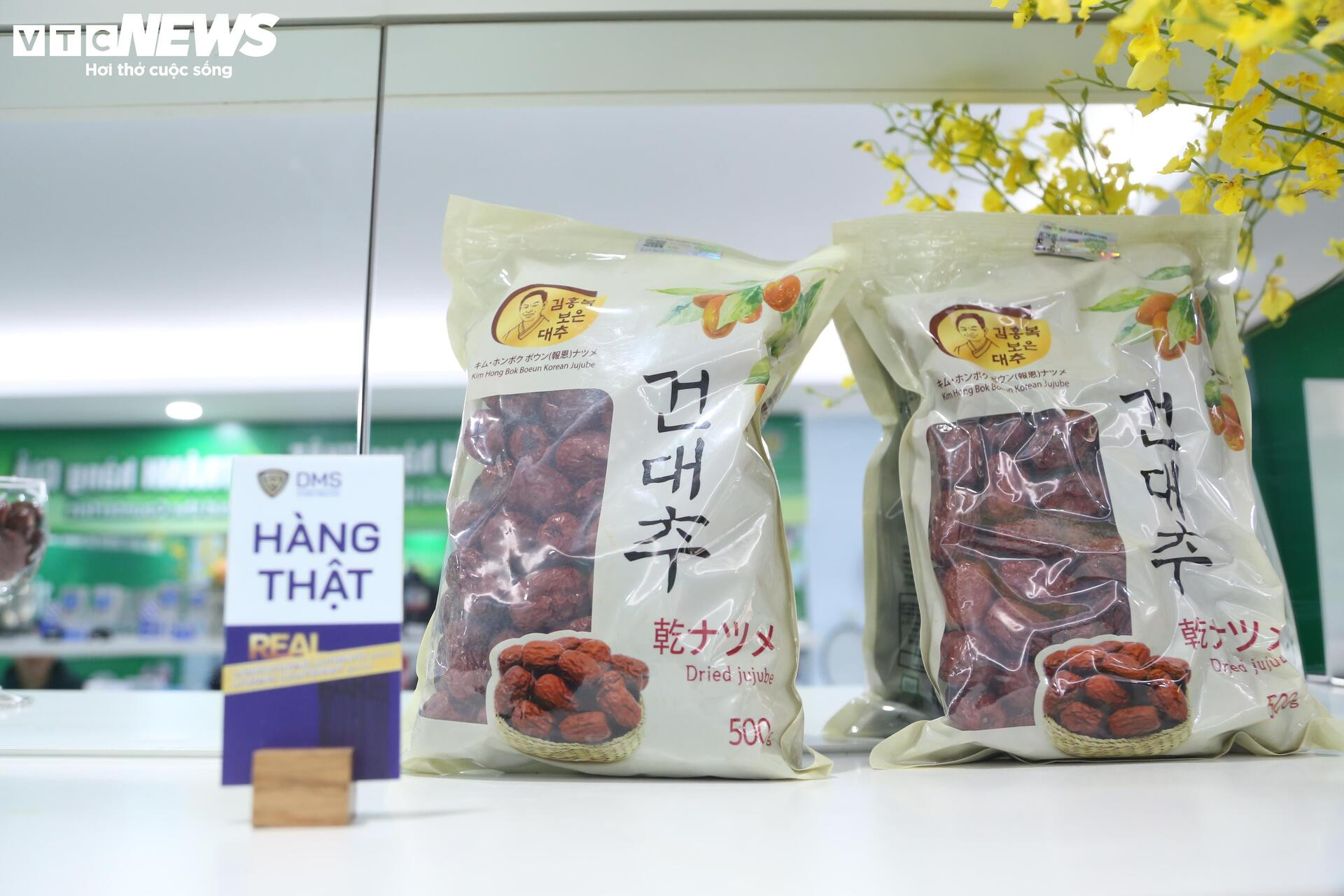
Authentic red apples are standardly packaged with a 500g weight.
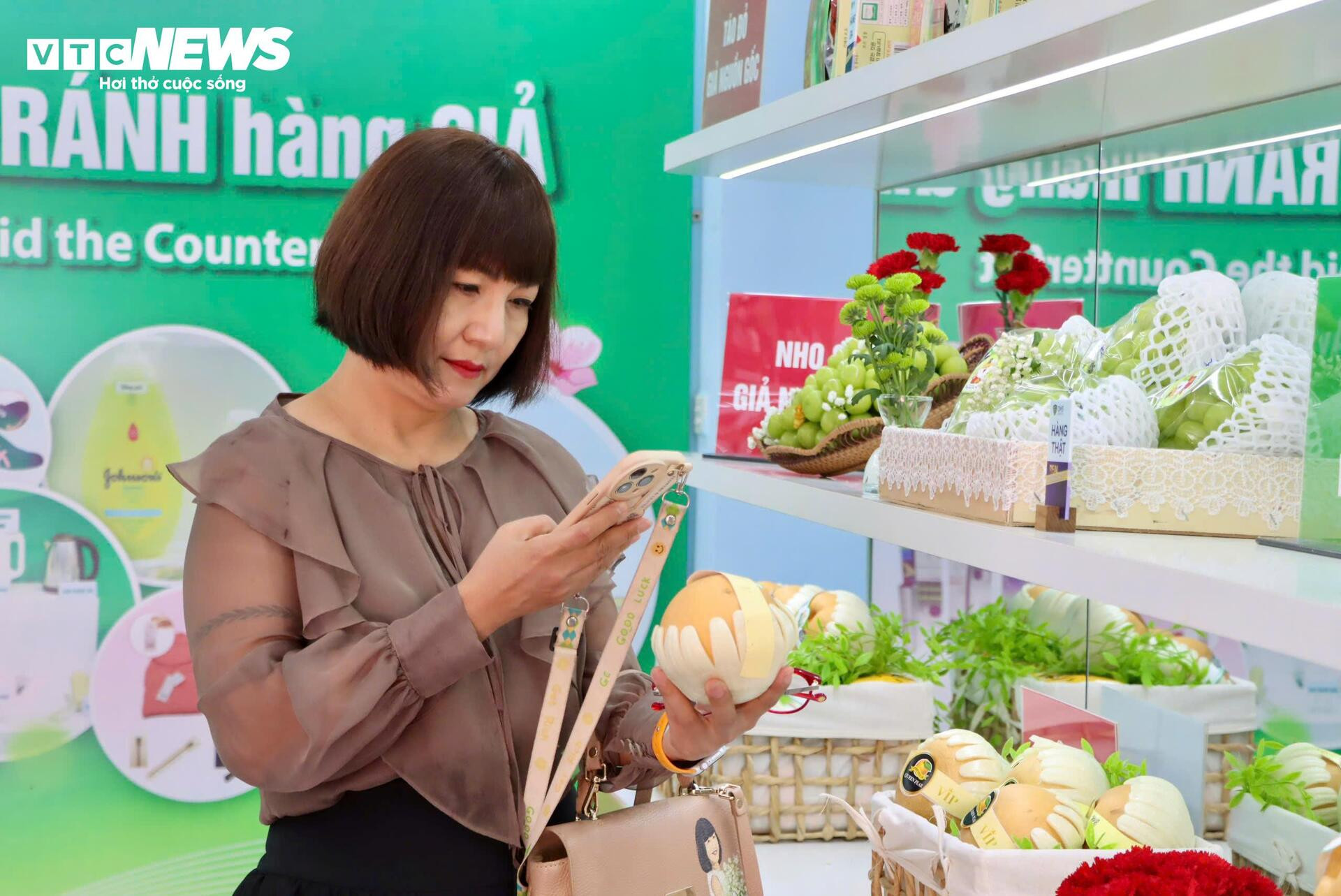
At the exhibition, each product has a clear genuine-counterfeit comparison, allowing visitors to visually identify differences in materials, design, and labels.
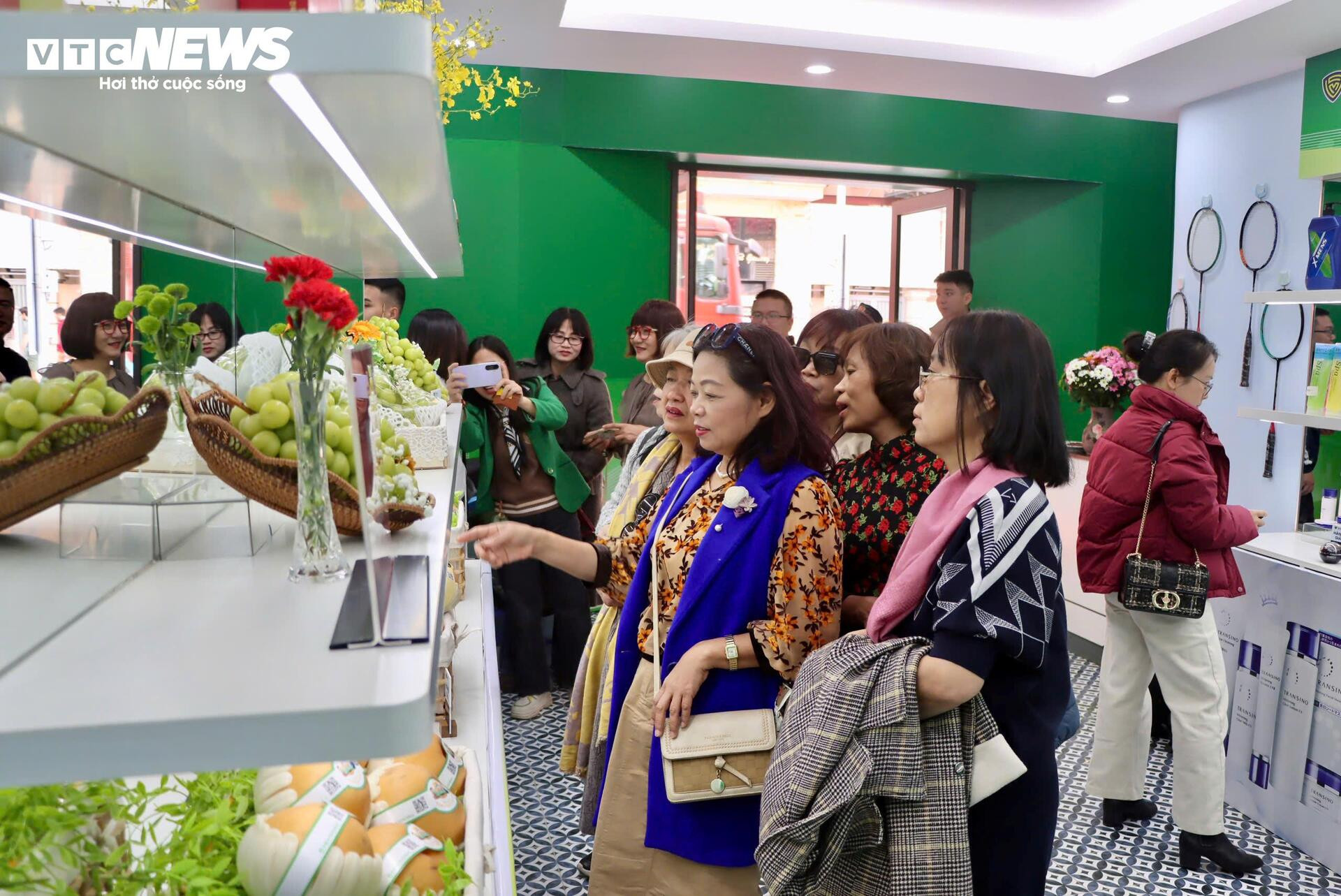
The exhibition attracted significant public interest. The Domestic Market Management and Development Department hopes it will promote a transparent, safe market and foster smarter consumer habits amid increasingly sophisticated counterfeiting, especially in e-commerce.
Health Ministry Orders Immediate Recall of 3 Counterfeit Shampoo and Intimate Wash Products
Unveiling a critical update: Three Vinamake products have been identified as counterfeit, prompting a nationwide recall mandated by the Ministry of Health to safeguard public health.



